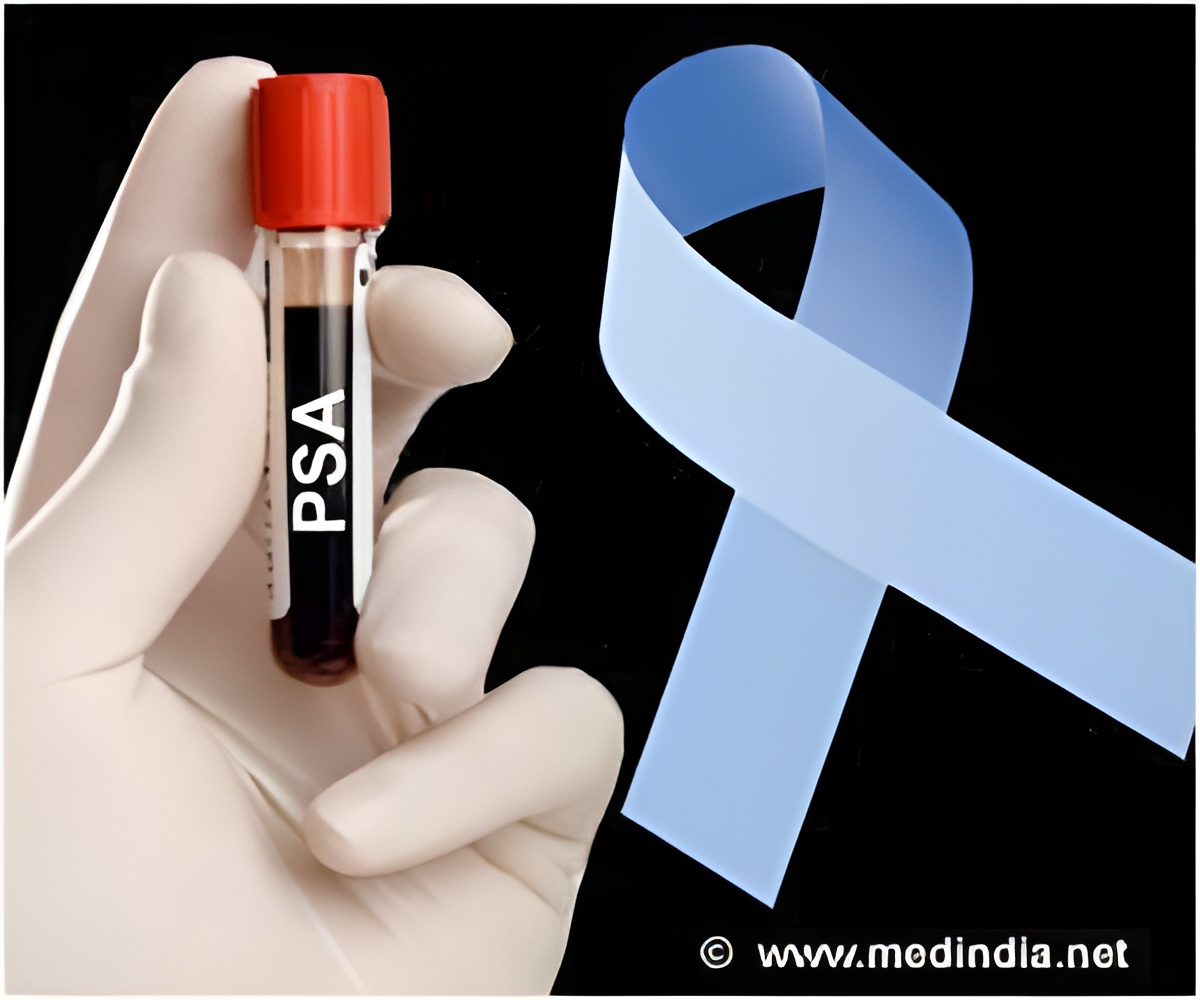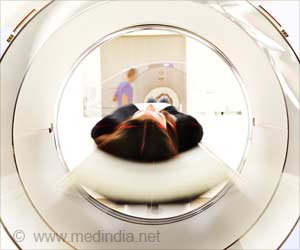The scientists harnessed artificial antigen-presenting cells which can be used to give guidance to T cells on how to attack various pathogens.

The research team harvested native T cells from whole blood and used the new device, which has a magnetic column, to bring these cells into proximity with the aAPCs.
Since the aAPCs are themselves magnetic, the resulting combinations of the two kinds of cells then stuck to the column wall while unpaired cells passed right through.
The T cells that were activated by the aAPCs were then harvested and multiplied thousands of times.
The technique worked with a single antigen as well as multiple ones, pointing to its ability to address mutations that help tumors avoid the immune system.
According to the scientists the technology being used to prepare the body to attack diseases, particularly cancer in patients that are missing tumor-infiltrating lymphocytes in their blood.
Advertisement
Other authors on the study are Joan Glick Bieler, Christian Schutz, Jacqueline Douglass, Andrew Skora, Yen Ling Chiu, Mathias Oelke, Kenneth Kinzler, Shibin Zhou and Bert Vogelstein, all of The Johns Hopkins University.
Advertisement
Source-Medindia










